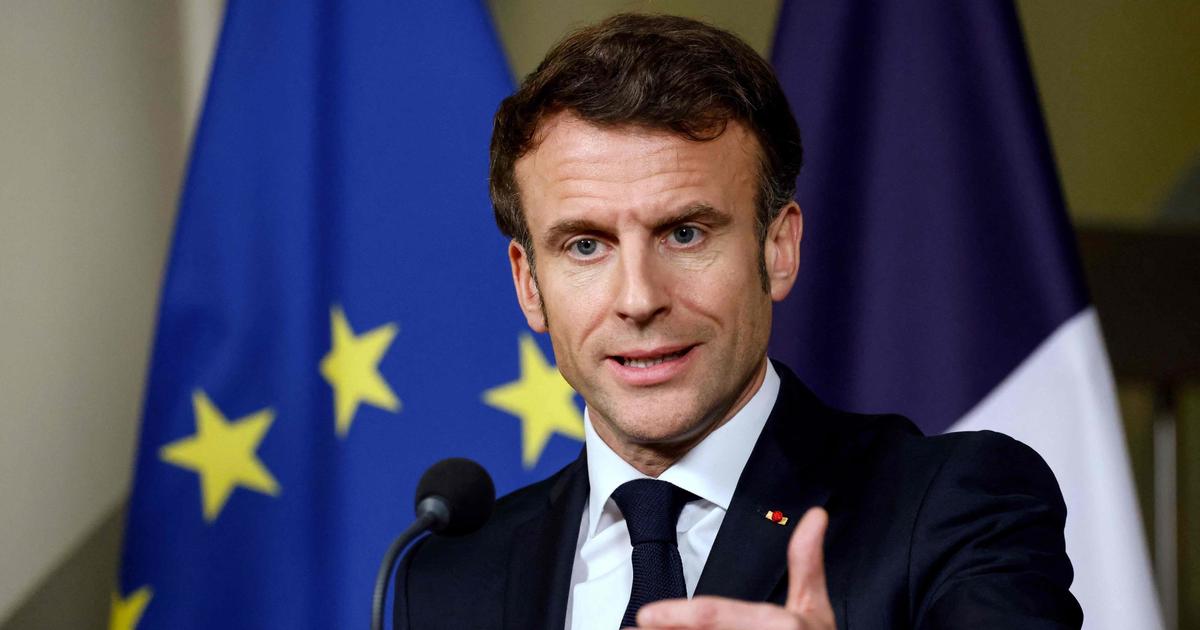 France’s Nuclear Policy Council (CPN - Conseil de Politique Nucléaire), headed by President Emmanuel Macron is making preparations to deal with winter 2023. At a recent meeting it decided to "take stock of the entire French nuclear dossier, both in the short and long-term". The decisions taken “will make it possible to prepare the next multi-annual energy programme, which will be presented in June 2023, before a debate in Parliament on the energy and climate programming law," a presidential statement said.
France’s Nuclear Policy Council (CPN - Conseil de Politique Nucléaire), headed by President Emmanuel Macron is making preparations to deal with winter 2023. At a recent meeting it decided to "take stock of the entire French nuclear dossier, both in the short and long-term". The decisions taken “will make it possible to prepare the next multi-annual energy programme, which will be presented in June 2023, before a debate in Parliament on the energy and climate programming law," a presidential statement said.
The meeting took place a year after the Belfort speech in which Macron announced the revival of the French nuclear industry and the construction of six new EPR2 type reactors. The first is to be commissioned by 2035 at the latest, “in order to regain control of our energy future and strengthen our security of supply and our sovereignty”, the CPN noted.
In order to ensure the security of French electricity supply, and after a historically low level of production of the nuclear fleet over the past two years, the CPN has launched the remobilisation of all players to prepare for winter 2023 “by anticipating at best scheduled reactor outages”. With a view to producing electricity over the long term, the CPN also “validated the launch of studies to prepare for the extension of the life of existing power plants to 60 years and beyond, under strict conditions of safety guaranteed by the Nuclear Safety Authority”.
The Council reviewed the main subjects relating to construction of the six new EPR2 reactors, which is the subject of a public debate ending at the end of February. Its conclusions will be incorporated into the future multiannual energy programme, the Programmation Pluriannuelle de l'Energie (PPE). This is a roadmap for 2019-2023 and 2024-2028, setting out energy priorities and guiding public and private investment. Although the PPE was published by the government in late 2018, discussions are still ongoing. Once finalised, it will determine how many reactors should be shut down and how many new ones should be built.
“Securing the commissioning schedule for these reactors will be made possible by the provisions provided for in the bill relating to the acceleration of procedures near existing nuclear sites and the operation of existing facilities,” CPN said. “This text will make it possible in particular to reduce the delays of certain administrative procedures, and to allow an optimal progress of the construction sites.”
The new French nuclear programme also involves the development of small modular reactors (SMRs) and innovative reactors (AMRs), which CPN said is one of the challenges of France 2030. CPN “has recorded the acceleration of this work, at both on the NUWARD project developed by EDF but also by supporting projects under development for small advanced nuclear reactors in order to be able to have at least one first in series in the 2030s”. The coordination role of the Alternative Energies and Atomic Energy Commission (CEA) will be reinforced so that it can support the development of these projects.
“The revival of nuclear power also implies the launch of an in-depth reflection on the issue of the fuel cycle so that France retains and strengthens its strategic autonomy in this area, which is essential for our energy sovereignty,” CPN noted. “With regard to the trajectories that will be integrated into the PPE, the CPN has also engaged all the players in a reflection to draw the consequences of the relaunch of the French nuclear programme on the management of final waste.” Several studies will be launched to be presented at a next CPN in 2023.
CPN has also validated the construction of a major training plan for nuclear professions and has officially launched the first projects which will be presented shortly. In terms of research in the nuclear field, the role of the CEA will be strengthened to support the government in steering and programming research in this strategic field.
In order to ensure regular and precise monitoring of these projects launched, their coordination, and their consistency with the desired policy in terms of civil nuclear power, Macron will meet twice a year with the CPN. The June meeting will validate the orientations of the PPE for 2030-2035. The meeting at the end of 2023 will undertake a detailed review of the EPR2 programme and the decisions to be taken on the cycle's downstream. CPN concluded: “The revival of nuclear power is a priority project for our country in the consolidation of its sovereignty and for the respect of our ambitions in terms of decarbonisation and competitiveness of the French economy.”
Image: French president Emmanuel Macron (courtesy of AFP)



